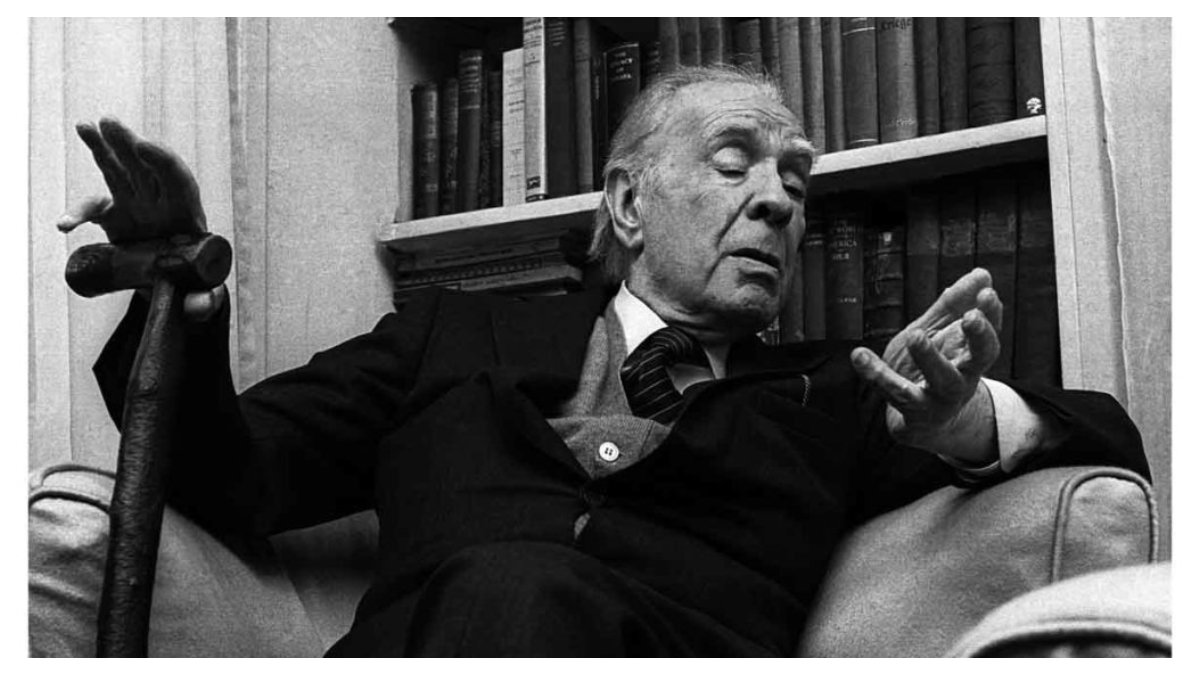Solomon Shereshevsky, A Master Mind Who Can Remember Everything, Solomon Shereshevsky, renowned for his exceptional memory and learning prowess, garnered attention in his early twenties when an editor at a Moscow newspaper noticed a peculiar habit: Shereshevsky never took notes during morning staff meetings. Despite inquiries, he calmly explained that he didn’t require written records, as he could effortlessly recall extensive lists of instructions and addresses.
His remarkable ability extended to learning and recalling vast amounts of information with pinpoint accuracy. Astonishingly, Shereshevsky himself didn’t perceive his abilities as extraordinary, believing anyone could possess such a memory caliber. Consequently, he frequently underwent memory tests to further explore his exceptional cognitive abilities.
Alexander Luria, a young researcher, conducted an extensive examination of Solomon, documented in “The Mind of a Mnemonist: A Little Book About a Vast Memory.” Solomon served as the central focus of Luria’s case study, consistently demonstrating a flawless memory across various tests.
Colleagues often sought to discern whether Solomon’s apparent intelligence and caliber were genuine or feigned. They would present him with lengthy newspaper articles, prompting him to recite the content, yet each time, Solomon’s recollection was not verbatim, surprising everyone with his nuanced recall abilities.
Solomon’s brain capacity Sometimes even bothered him as he wanted to empty his mind of unwanted recollections and often wrote down things he wanted to forget on paper which he later burned on ashes but nothing worked S’s experience of the world around him was quite different from ours. He was born with a disease called synesthesia.
Synesthesia is the joining together of sensations that are normally experienced separately. Some synesthetes experience colors when hearing or reading words, while others may experience taste, smell, shape, or touch in almost any combination. The sensations are automatic and cannot be turned on or off.
Unfortunately, S’s gift was a serious handicap. He was unable to stop the unwanted memories. Additionally, his memory of faces was very poor as he remembered them accurately. People’s faces change with time, lighting, mood, and expression. S was having difficulty recognizing faces because they looked very different from the faces he had memorized perfectly in the past.















